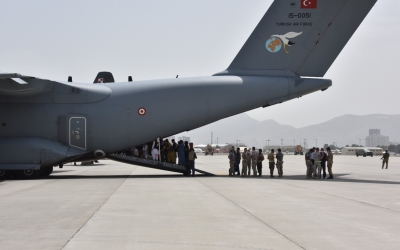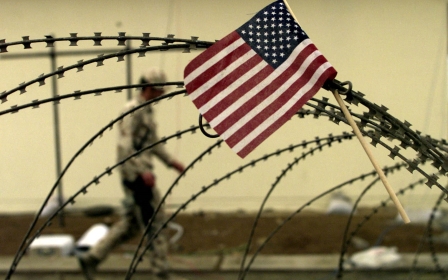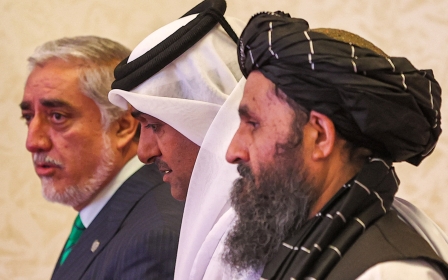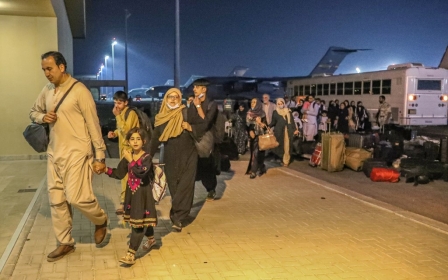Afghanistan: Former Saudi intel chief warns US weapons may fall into al-Qaeda's hands
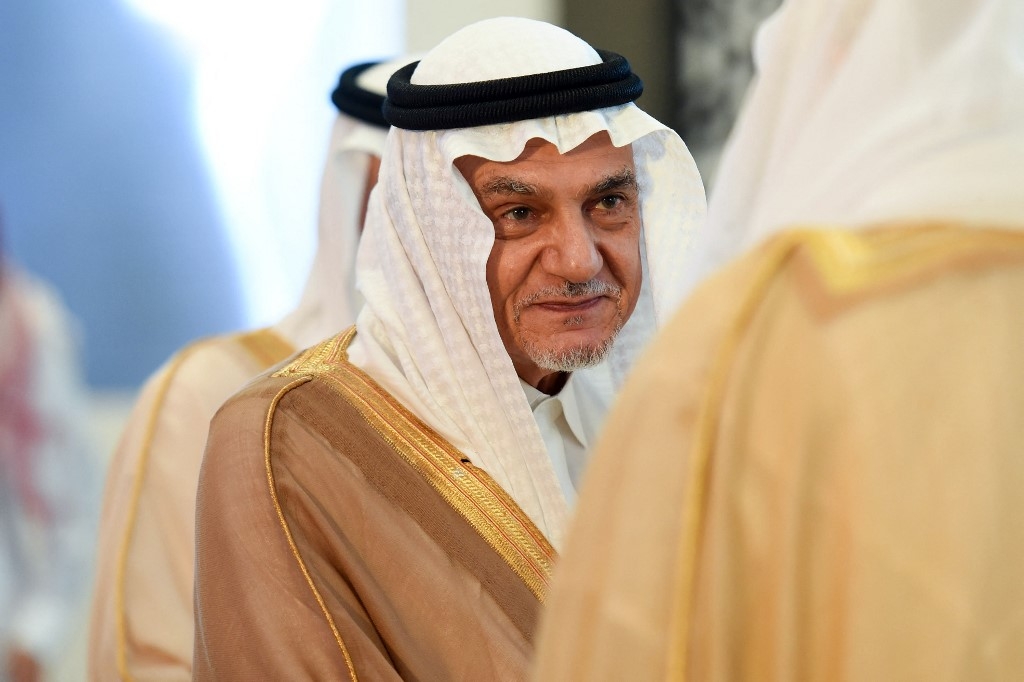
Saudi Arabia's former intelligence chief has criticised the manner of the US withdrawal from Afghanistan and said the kingdom feared American weapons could fall into the hands of armed groups such as al-Qaeda.
Speaking with CNBC News on Saturday, Prince Turki al-Faisal, who led Saudi intelligence for more than two decades, criticised the Biden administration's decision to leave the war-ravaged nation after its 20-year military presence, citing the possibility of future attacks against Riyadh.
"I don't know which word to use, whether incompetence, carelessness, bad management - it was all a combination of those things," Faisal said.
The Taliban seized control of Afghanistan's capital earlier this month as the United States and its allies withdrew troops after nearly two decades of conflict.
Since the withdrawal, Taliban forces have been pictured with a range of US-made weapons and equipment, including vehicles seized from the Afghan military. Faisal said this had raised concerns for Saudi Arabia about where the equipment might end up.
New MEE newsletter: Jerusalem Dispatch
Sign up to get the latest insights and analysis on Israel-Palestine, alongside Turkey Unpacked and other MEE newsletters
"It is very worrisome, that aspect of it, and now with this weaponry the ally of the Taliban, al-Qaeda, may get their hands on, it's going to be even more worrisome," he said, adding that the armed group "targeted the kingdom first before anyone else".
Saudi Arabia has largely limited its response in Afghanistan, but a foreign diplomat in Riyadh told Reuters on condition of anonymity that "the Saudis have a historical relationship with Afghanistan and will eventually have to accept the Taliban (again). They have no other option".
Former US President Donald Trump had brokered a deal with the Taliban in Doha in 2020 that would have seen Washington withdraw all its troops by May 2021, in exchange for various security guarantees from the group.
Biden ordered a review when he came into office in January and on 14 April announced a four-month postponement of Trump's deadline.
"When Mr Trump made the deal with the Taliban before he left office, it was inevitable that the government would lose its legitimacy," Faisal said.
"It's difficult to know what led the United States to negotiate with them," he added.
Riyadh froze ties with the Taliban in 1998 over their refusal to hand over Osama bin Laden, who was stripped of his Saudi citizenship for attacks in the kingdom and activities against the royal family.
China and Russia to wield significant influence
In his interview with CNBC, Prince Turki noted that Iran, Pakistan, and US adversaries China and Russia could wield significant influence in Afghanistan following the Taliban's rise to power.
Beijing was among the first governments to express willingness to engage with the Taliban, and Russia said it would maintain its diplomatic presence in the country after the Taliban took over Kabul.
"We've seen the Russian ambassador, Chinese ambassador, Iranian ambassador and Pakistani ambassador not only remaining in Kabul, but making statements about future relations with the Taliban," Turki said.
"There is something going on between the Taliban and these countries about where they're going to go in the future," he added.
Despite the US withdrawal and its chaotic nature, the Saudi royal said "it's still too early to judge whether America is in a watershed moment".
Middle East Eye delivers independent and unrivalled coverage and analysis of the Middle East, North Africa and beyond. To learn more about republishing this content and the associated fees, please fill out this form. More about MEE can be found here.


